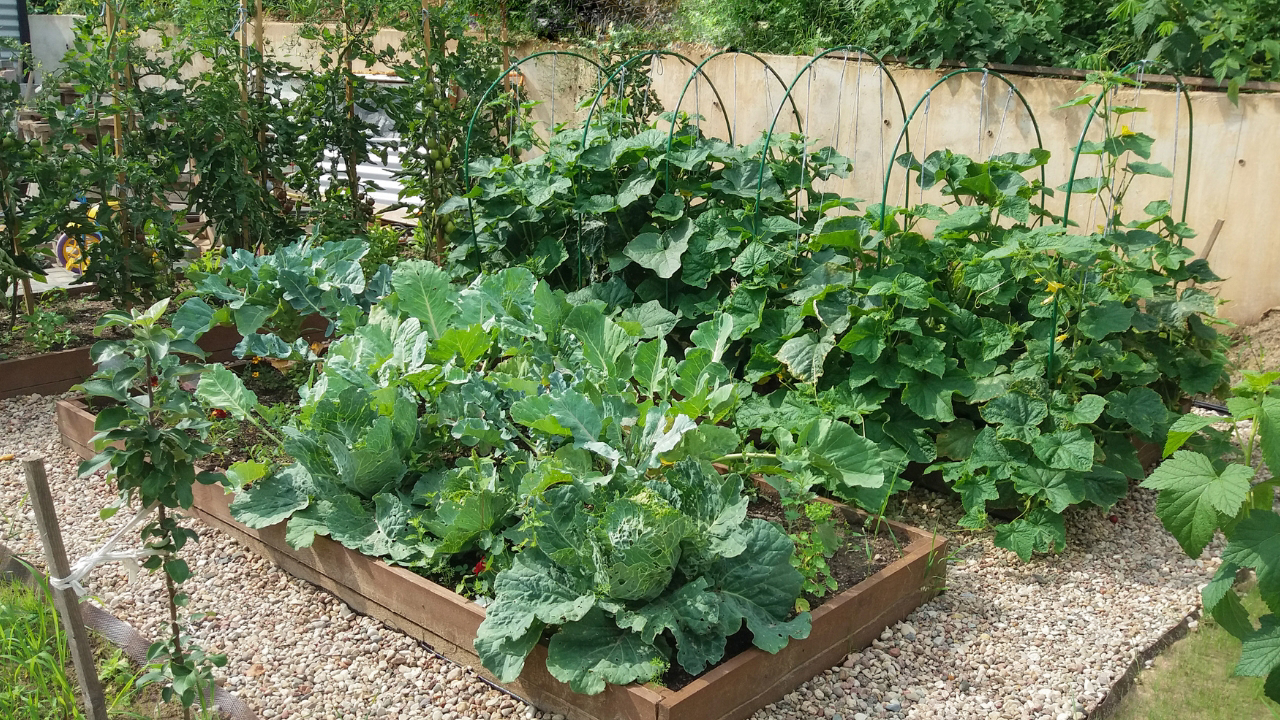When it comes to long term food storage tips, it’s essential for homesteaders and preppers alike to have a plan that ensures food availability during uncertain times. In this article, we will explore some effective strategies for preserving food that will help you maintain a well-stocked pantry.

Understanding the Importance of Food Storage
For homesteaders, the concept of food storage is not just about survival; it’s about self-sufficiency and sustainability. By storing food effectively, you can ensure that you and your family have access to nutritious meals year-round. Moreover, it allows you to take advantage of seasonal produce, preserving it for future use.
Essential Food Storage Methods
1. Canning
Canning is a popular method for preserving fruits, vegetables, and even meats. It involves sealing food in jars and heating them to kill bacteria. This technique can keep food safe for years.
2. Dehydrating
Dehydrating involves removing moisture from food, preventing the growth of spoilage-causing microorganisms. It’s a great way to store fruits, vegetables, and herbs.
3. Freezing
Freezing is one of the easiest ways to preserve food. Most fruits and vegetables can be frozen, but it’s essential to blanch them first to maintain their quality.
Choosing the Right Storage Containers
Using the proper storage containers is crucial in maintaining food quality. Consider using glass jars, vacuum-sealed bags, and airtight containers to keep your food fresh for longer periods.
1. Glass Jars
Glass jars are ideal for canning and storing dried goods. They don’t absorb odors, and they’re reusable.
2. Vacuum-Sealed Bags
Vacuum-sealed bags are excellent for freezing and storing bulk items. They help prevent freezer burn and keep food fresh.
Organizing Your Food Storage
Proper organization of your food storage is essential. Label all containers with the date of preservation, and rotate your stock to use older items first. This practice prevents food waste and ensures you’re consuming the freshest items.
Where to Store Your Food
Choose a cool, dark, and dry location for your food storage. Basements or dedicated pantry spaces are ideal. It’s important to keep your storage area clean and free from pests.
Food Storage for Emergencies
Incorporate food storage into your emergency preparedness plan. Consider storing non-perishable items like rice, beans, and canned goods that have a long shelf life.
Incorporating Homemade Foods
Homemade foods like jams, pickles, and sauces can be part of your long-term storage plan. They add variety and flavor to your meals.
Benefits of Food Fermentation
Fermentation is an ancient preservation method that not only extends the shelf life of food but also enhances its nutritional value. Learn more about fermenting foods at home.
Growing Your Own Food
Homesteaders often grow their own food to support their storage efforts. Consider starting a raised bed garden to produce fresh fruits and vegetables.
Preserving Meat and Protein Sources
For protein sources, consider curing and smoking meats. These methods help maintain the quality of meat over extended periods.
1. Curing
Curing involves using salt, sugar, and nitrates to preserve meat. It’s an effective way to store meats like bacon and ham.
2. Smoking
Smoking adds flavor and helps preserve meat. It’s a time-honored technique used by homesteaders for generations.
Storing Herbs and Spices
Herbs and spices can be dried or frozen for long-term storage. They add flavor to your meals and can be used in various recipes.

Frequently Asked Questions
1. How long can canned foods be stored?
Canned foods can typically be stored for up to five years, depending on the type and storage conditions.
2. What is the best way to store grains?
Grains should be stored in airtight containers in a cool, dark place to prevent spoilage and pest infestation.
3. Can I store dairy products long-term?
While dairy products have a shorter shelf life, you can extend their shelf life by freezing them or converting them into products like cheese and yogurt.
For more information on homesteading and food storage, visit this helpful guide.
By following these long term food storage tips, you’ll be well-prepared to maintain a reliable food supply, ensuring your family’s well-being in the face of any challenges.




